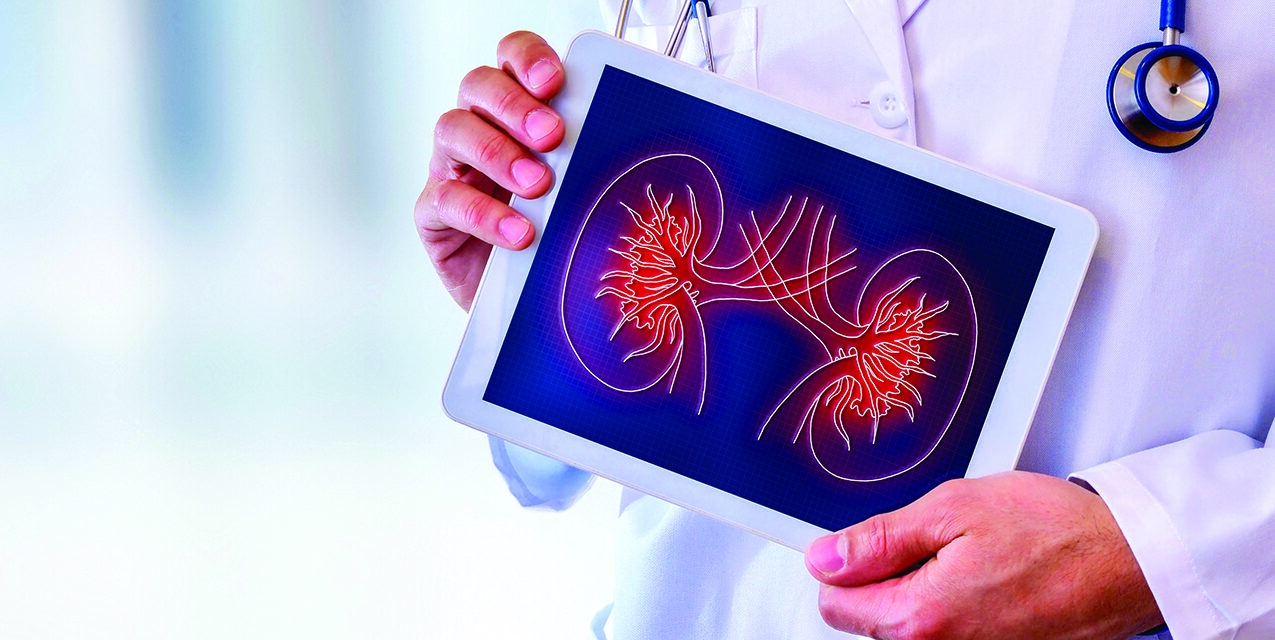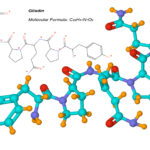Chronic kidney disease (CKD) is a threat to millions of people. According to the National Kidney Foundation (NKF), 10 percent of the worldwide population, which includes people of all ages and races, is affected by CKD.
While there is no cure for CKD, treatment can slow or halt the progression of the disease. This underscores the importance of learning to recognize potential signs of kidney disease, noted by the NKF.
• Energy loss. A severe decrease in kidney function can cause toxins and impurities to build up in the blood, resulting in feelings of fatigue and weakness. This buildup also can make it hard for individuals to concentrate. Anemia, a blood disorder characterized by a deficiency of red blood cells or hemoglobin in the blood, is a complication of kidney disease which can cause weakness and fatigue.
• Difficulty sleeping. Kidneys that are not functioning properly will not effectively filter toxins in the blood and expel them through urine. Individuals may experience difficulty sleeping when toxins remain in their blood.
• Blood in urine. Blood in the urine can be indicative of a host of conditions, including tumors, kidney stones, or an infection. But it also can indicate CKD, as healthy kidneys are often effective at keeping blood cells in the body while they filter waste. While certain foods, including beets and berries, can affect the color of urine, urine’s color should range from pale-yellow color to deep amber. Any visible sign of blood in urine, or urine that is dark or orange in color, should be brought to the attention of a healthcare provider right away.
• Dry, itchy skin: Dry, itchy skin may not seem like a potential indicator of kidney problems, but the NKF reports that it could indicate the presence of a bone disease that often accompanies advanced kidney disease. These symptoms appear because the kidneys can no longer help the body maintain an appropriate balance of minerals and nutrients in the blood.
• Increased urge to urinate: This symptom often occurs at night and is a byproduct of damage to the kidney filters.
Some additional signs of kidney disease include foamy urine, persistent puffiness around the eyes, swollen ankles and feet, and muscle cramps. Individuals can lose up to 90 percent of their kidney function before they experience any symptoms, and most people with CKD experience no symptoms until the condition has reached an advanced stage. However, learning to recognize potential indicators of kidney disease, and reporting them to a healthcare professional, can lead to early detection and potentially slow the progression of the disease.
Here in Buffalo, the Regional Center of Excellence for Transplantation and Kidney Care at Erie County Medical Center treats patients at every stage of kidney disease or kidney failure. ECMC is also the only medical center in Buffalo that offers both kidney and pancreas transplants. Learn more about the breadth of these services at https://www.ecmc.edu/health-services-and-doctors/renal-care-kidney-and-pancreas/. For more information about kidney transplants, kidney disease, resources for patients and families, and other related topics, visit www.kfwny.org and https://www.connectlife.org.












